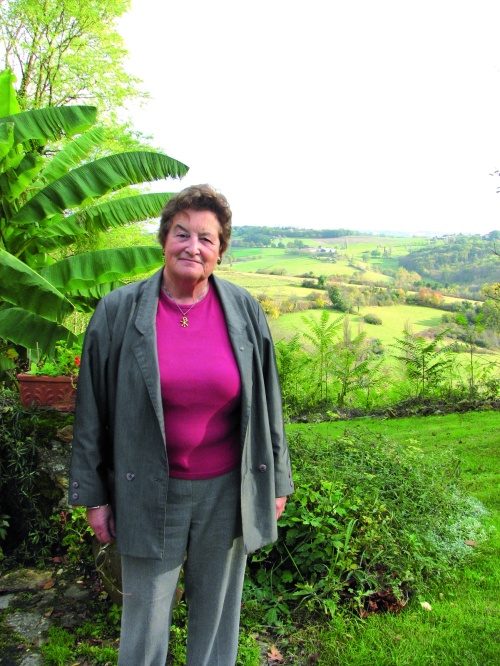Another holiday spent away from home, another emotional meltdown narrowly averted. Easter has now long passed but I am still reeling from the aftershocks: the desperate calls home to Minnesota, the rapidly vanishing mountain of chocolate eggs, the box of tissues by my side (just in case). And my mental state does not discriminate. Easter, Christmas, Thanksgiving – no matter the festive occasion, I can’t help but turn into a sourpuss each and every time. Without fail, I catch a horrible case of the holiday blues.
Upon careful introspection, I have determined that the problem is not the holiday itself. After all, despite my dad’s hopes for my Catholic confirmation in the 10th grade, I never had a thing for Jesus, or any religion for that matter. And the rare times where I have been invited to share one of these important moments with a French family, the doom and gloom is still roughly the same.
[picapp align=”center” wrap=”false” link=”term=easter&iid=291392″ src=”0287/80ea285b-9cb0-43e3-8f52-1447d066b5e6.jpg?adImageId=12758062&imageId=291392″ width=”380″ height=”253″ /]
So I know what you’re thinking – it’s an easy one, right? I just miss my family. But it’s not so simple. Take last year, for example, when I went home for Thanksgiving and spent a week guffawing and gorging myself on turkey with my immediate and extended family. It should have scratched the itch, non? Yet when I found myself alone in France just one month later for Christmas, my reaction was similar to that of stopping antibiotics in the middle of treatment – a nasty holiday funk that returns more vicious than ever before and is now even harder to treat.
What makes holidays abroad so tough is our pension as humans for traditions, and what they mean for us individually. Traditions come in the form of religious celebrations – like Passover or Christmas – or in secular, seemingly baseless forms like April Fool’s Day. At each fête, we come to expect certain things, based on what we have learned from our family, our culture and our country. If our tradition doesn’t deliver, a gut-wrenching, highly personal disappointment may ensue. Think, an overworked dad who forgets to play Tooth Fairy to his six-year old daughter, Sally. Sally is waiting for her 50 cents, and if she wakes up and no money’s in sight, there will be tears – guaranteed.
Thus perhaps why celebrating a holiday like Easter without family – your own family, to be precise – can be so excruciatingly difficult. Although you appreciate the invitation from your French friend to join him for Paques, his Oncle Pierre just doesn’t have the same comedic timing as your Uncle Jack, and you sort of miss that awful pink marshmallow and pineapple salad your Aunt Charlene always makes. It’s the little things that make our traditions so strong and without them, we are frankly a little bit lost. Add the fact that we may either be surrounded by French people we barely know or all alone in our apartments, and you’ve got a top-notch recipe for depression.
[picapp align=”center” wrap=”false” link=”term=suitcases&iid=286198″ src=”0282/5507610c-1c31-4a99-9f6a-bb683a083fb1.jpg?adImageId=12758175&imageId=286198″ width=”380″ height=”253″ /]
The only way to save ourselves is to do what expats around the globe have been doing for years – create new traditions. So, you can’t go home for Christmas? Organize a dinner amongst your international friends and instead of opening presents, sing karaoke and play charades. Or at Thanksgiving, offer your chicken dinner (because let’s be realistic, there’s almost no turkey in France) to the homeless in your community. If you’re scared off by this much change, try to at least recreate your home-country tradition with the same people each year – this way, you’ll all come to know what to expect in future seasons.
With this plan of attack, instead of looking to the holidays with dread, you may even come to enjoy them. Just remember that nothing has to look the way it once did. You’re in France now and you are changed. Now, if you’ll excuse me, I must go prepare my three-egg omelet, chocolate Nesquik and game of Scrabble for the 4th of July.
Originally published in Brit’Mag – May/June 2010









